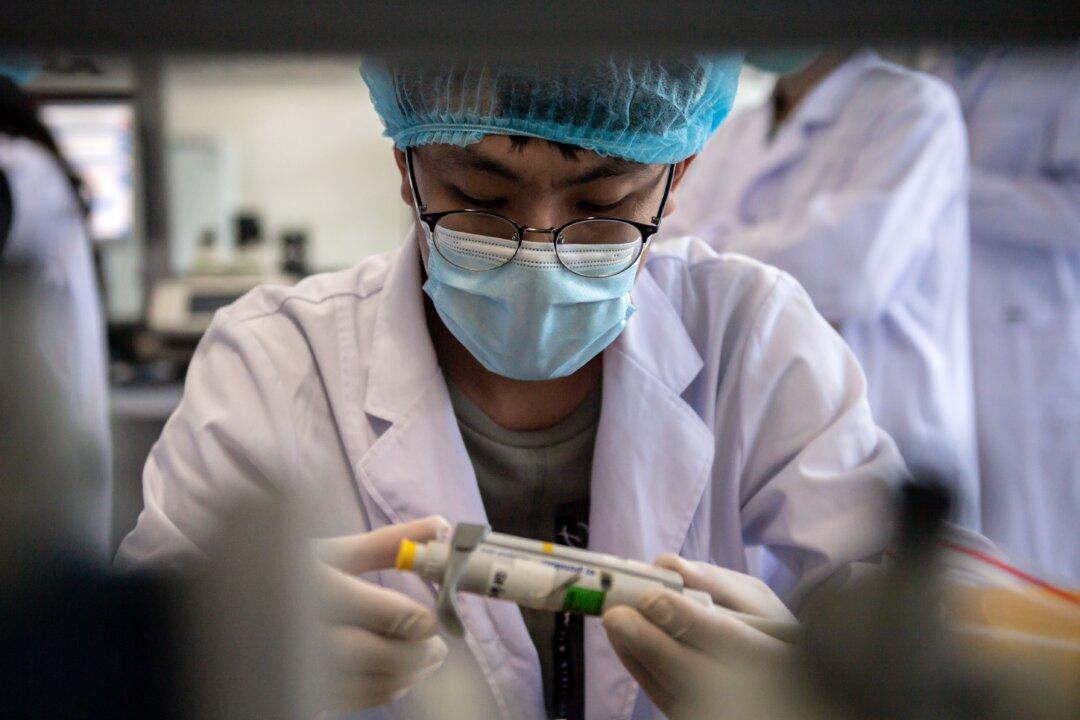The Chinese regime continues to target top overseas talents through a well-financed recruitment program—the Thousand Talents Plan—which has come under close U.S. scrutiny for its perceived threats to national security, according to a series of internal documents obtained by The Epoch Times.
Rolled out by Beijing in 2008, the Thousand Talents Plan is China’s most prominent state-run recruitment program. Hundreds of similar operations exist at the central and local government levels, aiming to attract promising overseas Chinese and foreigner experts in the fields of science and technology to fuel China’s innovation drive.





